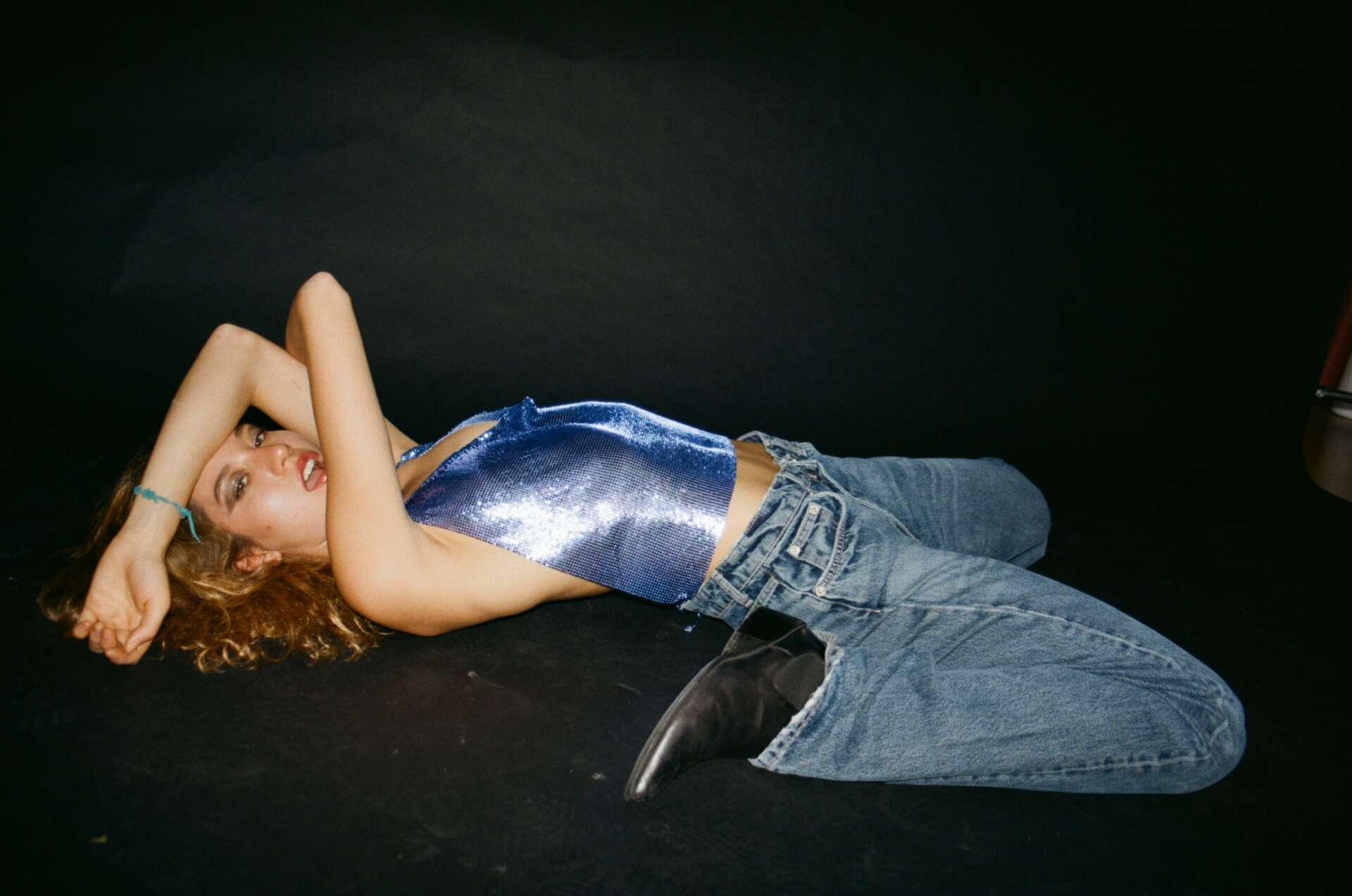We caught up with the brilliant and insightful Berenice a few weeks ago and have shared our conversation below.
Berenice, thanks for taking the time to share your stories with us today Can you open up about a risk you’ve taken – what it was like taking that risk, why you took the risk and how it turned out?
One of the most significant risks I’ve taken in my life was probably the decision to leave the academic world, where I was studying international politics and economics in Milano, to pursue music full-time. It might sound brave to some, but to me, it felt like the most weirdly natural thing in the world, almost childishly so. I loved what I was doing before. I’m a very methodical person and that field allowed me to study analytical subjects in a global context which I love, but it can’t compare to writing or performing in any way for me. So, of course, after a while I felt like I was running with blinkers with no apparent direction, and I realized my only wish was to let myself channel every ounce of energy, time, mental strain towards something that makes my eyes sparkle and a fire crackle in my stomach when I talk about it.
At the end of my degree, I just made the leap and moved to London with hundreds of those stacked-up acoustic songs. I told myself it’d be a gap year doing this MA in music composition, but everyone knew I’d never really look back. Carrier switch, is that what I should call it? But it wasn’t a calculated risk with a backup plan, in any way. It was more of an unshakable conviction.
Now, when people call it brave, I can’t help but chuckle because, in my mind, it wasn’t bravery at all. It’s actually quite the opposite. Probably the most childish, delusional thing I’ve ever done. I’ve never seen myself doing anything else. I can’t picture myself growing up and being a real adult with a job unless it’s this one, so I never really felt like it was an active decision that I can take credit for.
Like, most of my closest friends are in finance or consulting or teaching, and I’m out here writing songs about my feelings. So, I do get my dose of impostor syndrome pretty much on a daily basis, because I can clearly see what my life could have looked like otherwise. But I also know it is a privilege for me to have that kind of support system. For some reason, they’re all deeply convinced – even more than I am – that what I’m doing right know has always been just the natural evolution of my career path. I’m extremely grateful for this. I wouldn’t get to make music everyday if it wasn’t for my friends and my family making me feel like it was ok for me to want this.
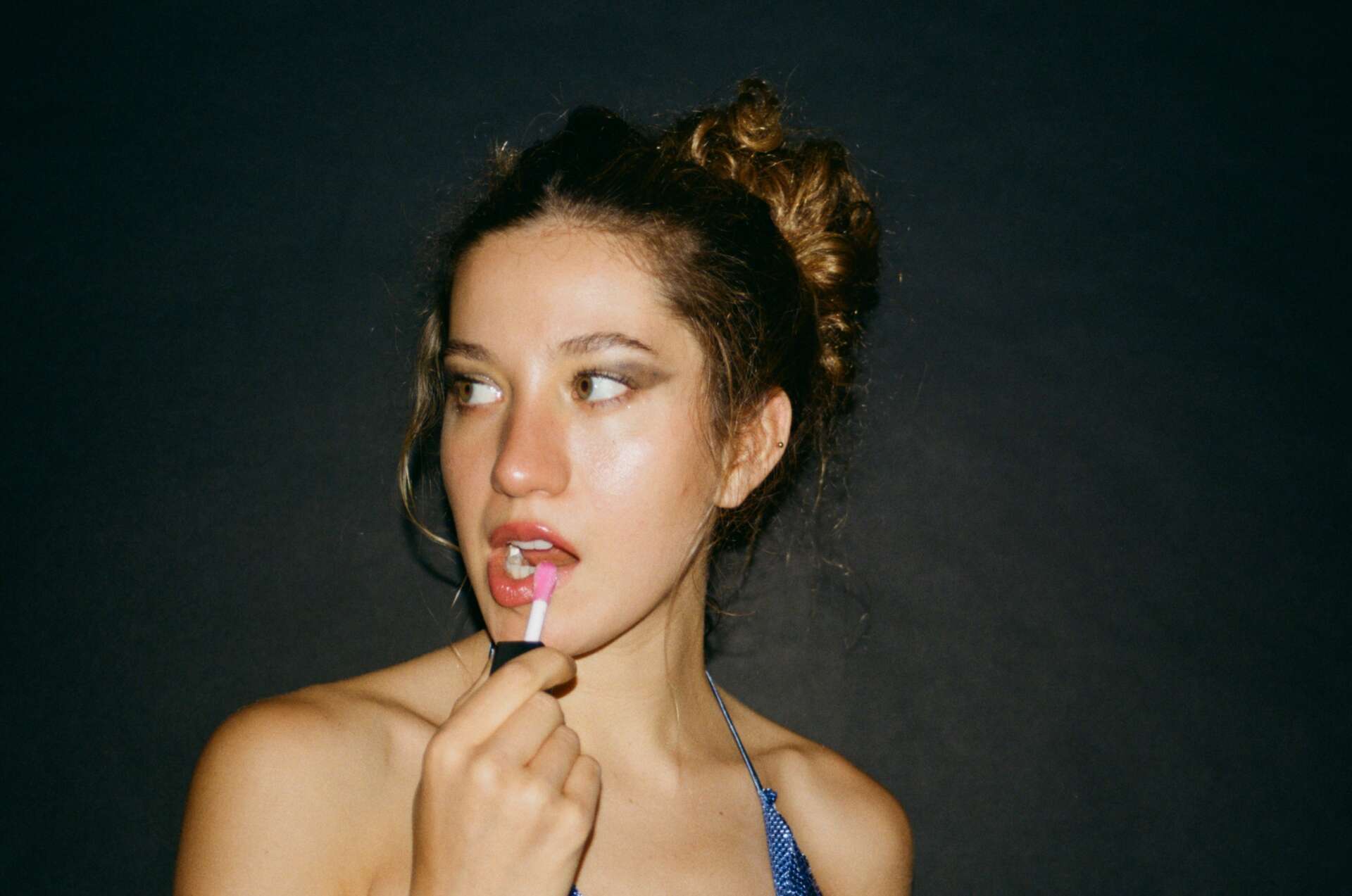
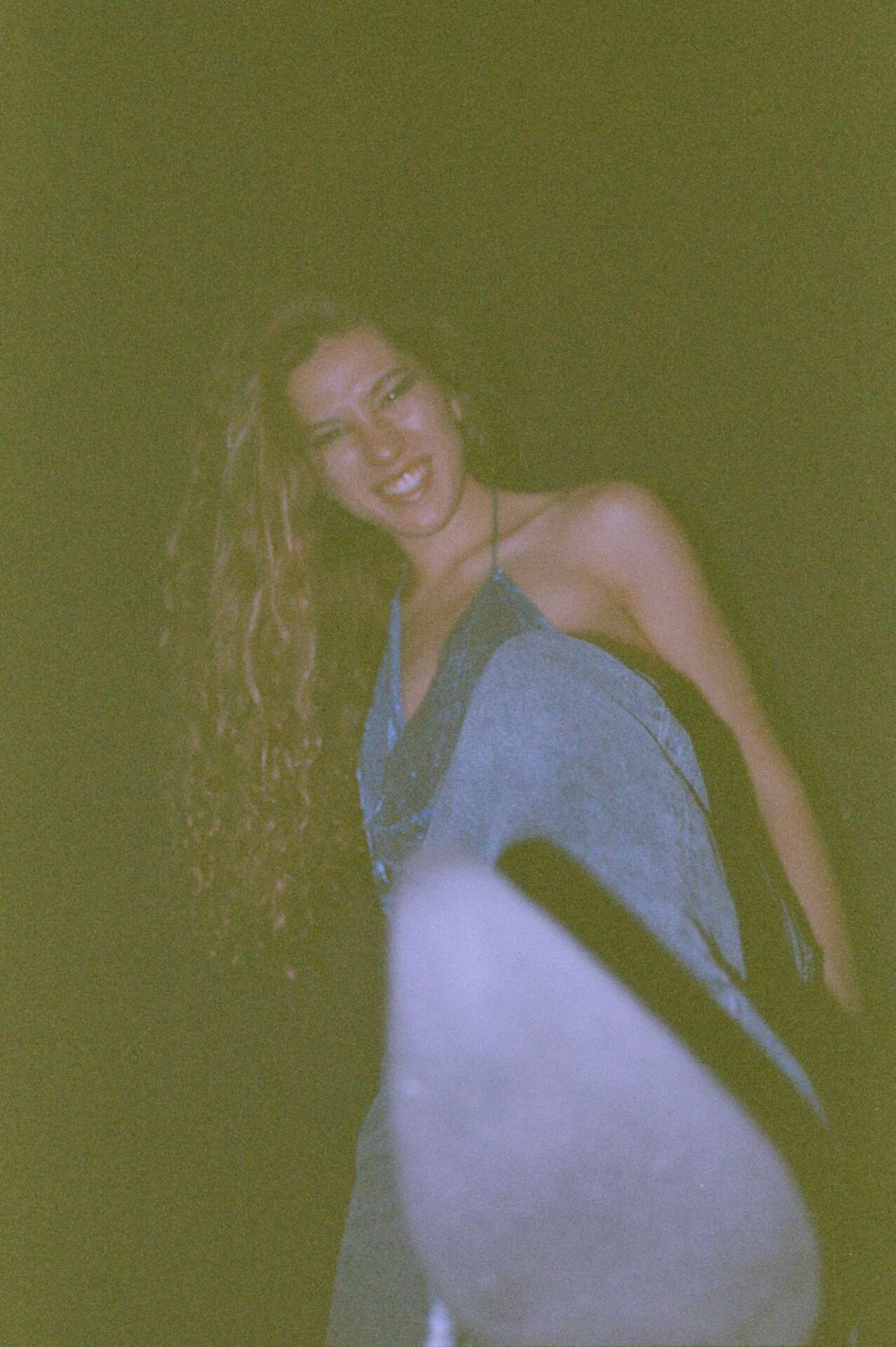
Great, appreciate you sharing that with us. Before we ask you to share more of your insights, can you take a moment to introduce yourself and how you got to where you are today to our readers.
Spaghetti Western Pop! Let me explain. I have always put my songwriting first. Once I started playing live and performing and working in the studio, I discovered all these other facets of my artistry and fell in love with each one of them for a plethora of other reasons. But I probably wouldn’t be doing any of this if it wasn’t for the writing. I have been writing songs for as long as I can remember. I have wanted to be a rock-star since I was eight – growing up with Uncle Bruce’s ‘Taugher Than The Rest’ as my lullaby (my parents’ unofficial first date was at a Springsteen concert), in a never-silent, music-filled house, it did not come as a surprise. At like 7 or 8 I would make up silly jingles about my favourite pizza, forcing my brother to play air-bass in our little Power Rangers costumes. Cool stuff. Pizza-songs aside, I was so shy to keep a journal that songwriting quickly became my most intimate and secret possession, learning guitar chords on a Taylor Swift’s Fearless songbook. I was literally obsessed. I basically wrote one song a day for most of my teenage years.
So, when I moved to London, my number one objective was getting the music right. I’ve always seen songs as just songs. Then you can dress them up and put on this kind of drums or that kind of production as different accessorizes, and they can take on new shades and colours and fit in a genre, but the bare bones are always quite raw and simple and have to stand on their own.
This process can get kind of overwhelming as a solo artist, at least, it has for me. As a band, each player’s sound becomes an intrinsic part of that world: you can’t take away Charlie’s groove from Sympathy, the Stones just wouldn’t be the same. But for me, and especially in this day and age where I can get any sound with just one click on Logic, I can pick pretty much anything. And it can get exhausting.
I’ve been very lucky in this process, and finding the right people to collaborate and work with has probably been the single most important thing. Someone who is as excited as you are in what you do, who can see you on that big stage just as much as you can. You can’t possibly do everything yourself. What I learnt is that all those big and small choices become a reflection of the journey of that song in that particular span of time, and of who is supporting you along the way.
So, I’ve been grinding in the studio for these past few months, starting from those acoustic raw songs I wrote in my bedroom and seeing what came out of them organically. The goal, I guess, wasn’t really choosing a cute dress for a song and putting it on, rather the opposite. I was able to put the songs at the centre, uncovering new facets of my writing and a sonic identity from what was already there. At the end of the day, I have written all of them! And I have been falling madly in love with this process. I have grown so much as a musician and as an artist.
What came out of this whole thing is what I like to call Spaghetti Western Pop: a bit of Italian heritage with some Ennio Morricone and Sergio Leone drama (mind you, I’m Italian born and raised but I can’t even make pasta), a bit of that old-school rock we always had around the house growing up, and a bit of the Taylor Swift/Hannah Montana/23-year-old flavour. Music for Phoebe Bridgers and Gracie Abrams fans who want to scream a bit more.
The truth is, I wouldn’t have known I could start writing songs myself if it wasn’t for artists like Taylor Swift. But I would have never had songs to write in the first place if I hadn’t been raised watching all those super-hero rock-stars play their crazy shows, starstruck from my dad’s shoulders with a ‘Record Deal?’ sign in fluorescent colours. So, I guess, Spaghetti Western Pop is the sociological result of all of those things combined: what happens if a twelve-year-old Swiftie knows every single Springsteen song by heart and goes on to do music herself? Stay tuned and watch!
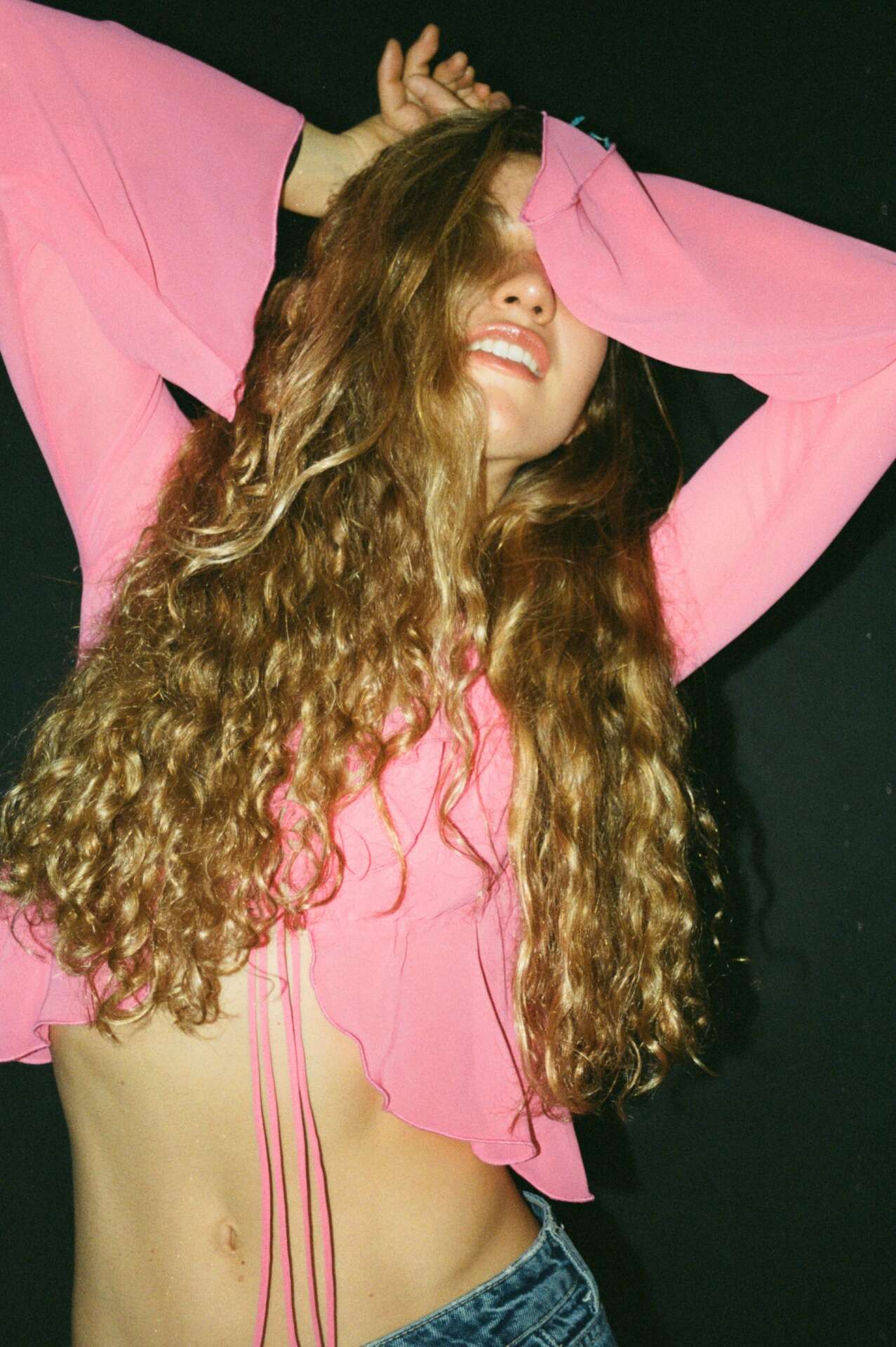
Have you ever had to pivot?
The first time I ever played a song of mine in public, for sure. I was in boarding school at the time: I was sixteen, I just got there (and there was Exeter, New Hampshire), with this strained eye-watering song about the adolescent struggles to fit in. There was this pep rally show, and I remember I was the last to play. I had never played any of my songs to anyone, not even in front of my parents, so I have no idea of what had gotten into me or why, all of a sudden, I had decided to play in a giant Auditorium full of strangers.
I neatly remember my fingers were shaking on the piano-keys on the first few C-arpeggios. I don’t even know why I decided to play piano and not guitar, I had never really played the piano. But there I was, sat in front of this black grand piano with this I-have-to-show-the-whole-world-what-I-got gut feeling stuck on the bone between my throat and my stomach. I remember I heard my voice bouncing on the oval walls of the theatre for the first time. This huge giant theatre. God, my words, words I had written: I was me, alive.
Just the fact I survived that whole ordeal was a victory for me. But then, never-seen classmates came to me to thank me because they felt like the song could have been about them? I remember this boy with square-metal glasses and a passion for computer science telling me that he got so emotional because he could see himself and what he had experienced in my song. And I do mention not fitting in in middle school for my hyper curly hair. Go figure!
That was the first time I realized I wasn’t just writing silly little songs, I was actually doing something. It made me feel powerful, almost. Yes, I could write, but I could also hear my words bounce off the walls and people were impacted by it. That was the most fulfilled I had ever felt.
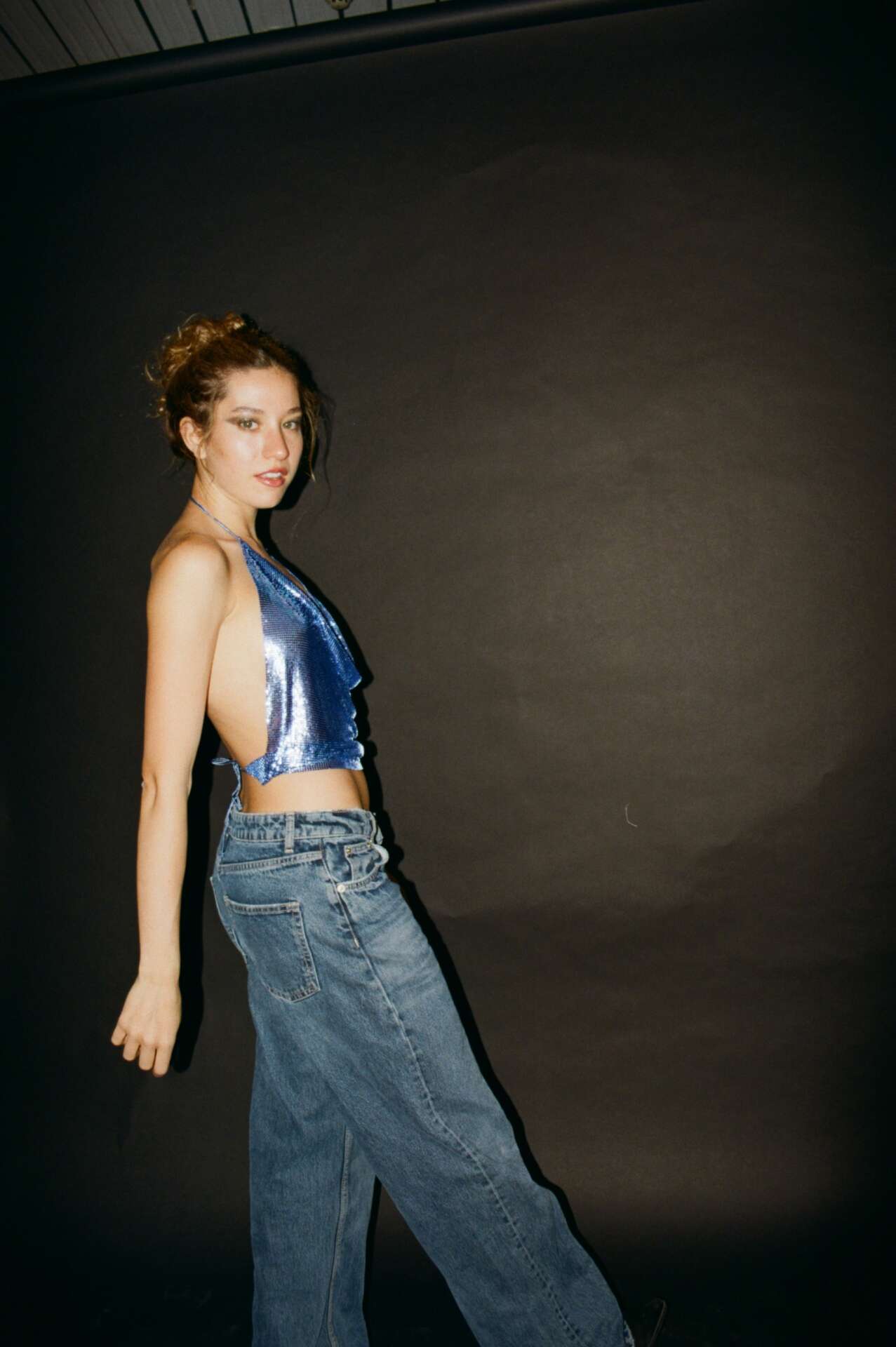
Is there something you think non-creatives will struggle to understand about your journey as a creative? Maybe you can provide some insight – you never know who might benefit from the enlightenment.
I love this question because I feel like I had to fully experience this transition myself, switching from a non-creative field. One of the fundamental concepts that I had a hard time grappling with is the idea of creating with fire and editing with ice. As creatives, we often approach our work with an intense passion and emotional investment. The initial stages of creation are fuelled by a burning desire to express something, anything, to let ideas flow freely, to capture the raw essence of a vision. It’s an exhilarating, all-consuming process. However, what many non-creatives might not realize is that creativity isn’t just about wild bursts of inspiration and unbridled emotion. That’s probably the 10%. The rest is an incredibly strategic and disciplined endeavour. Once the initial creative explosion has happened, we must switch gears and approach our work with a cool, analytical mindset during the editing and refinement process. This is where the “ice” comes into play. We meticulously shape and refine ideas, making conscious decisions to enhance the clarity, structure, the impact of our work.
Honestly, creatives have often been the most strategic thinkers I have ever met, in both their artistic process and in life. Every artist has to find ways to navigate an industry where stability and structure are extremely elusive. The lack of a conventional nine-to-five routine means that our sense of time can become very fluid. Mondays might not feel like Mondays, and Friday nights can be our most productive moments. This constant ebb and flow can be disorienting, but it also requires a high degree of adaptability and self-discipline.
Setting boundaries is another crucial aspect of the creative life. We must establish limits on our work to maintain a healthy balance between creation and rest. Finding moments to truly switch off becomes a deliberate effort, something we actively have to force ourselves to do. It’s all about getting to know yourself and a lot of balance, I guess.
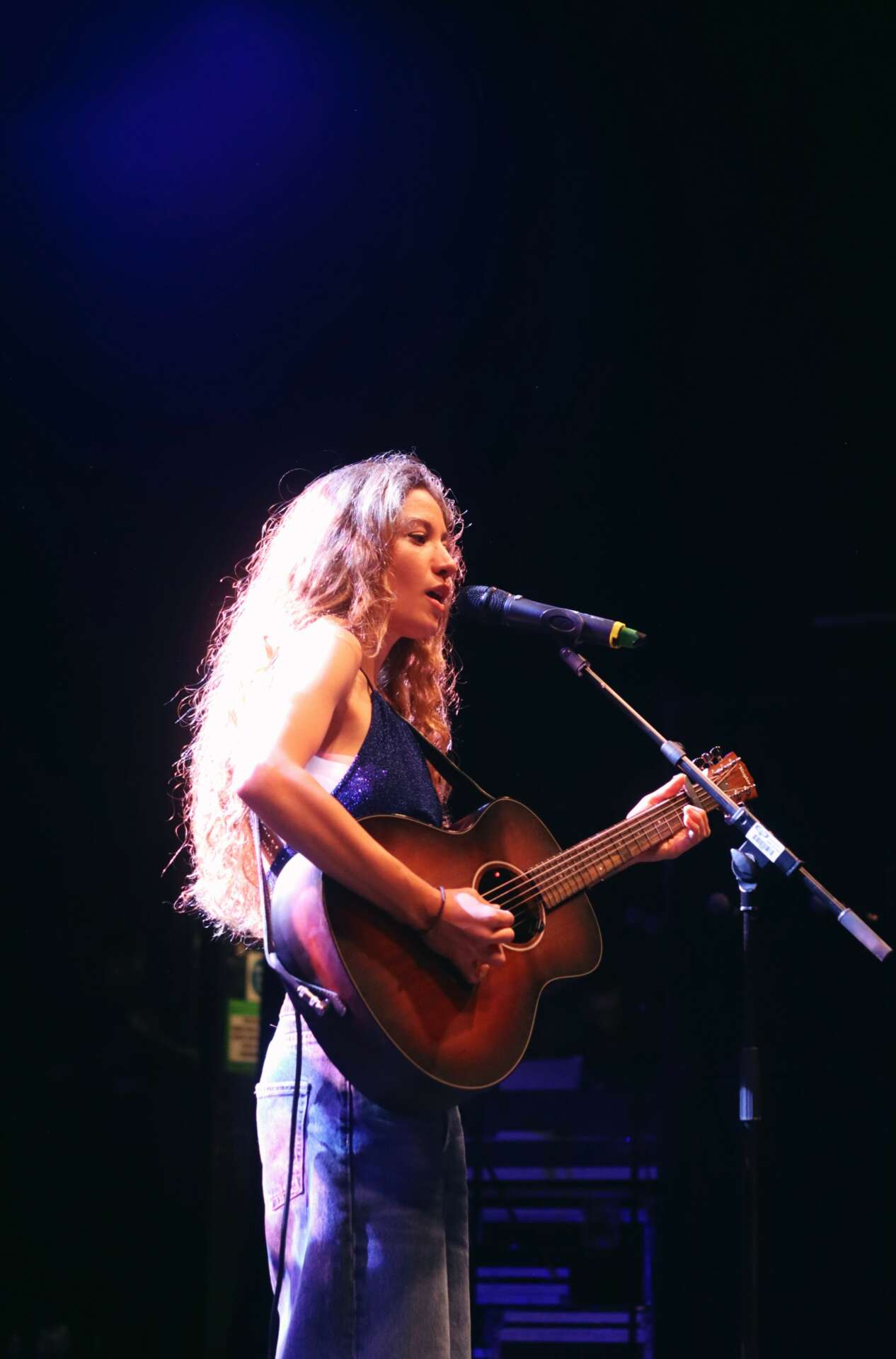
Contact Info:
- Instagram: @berenice.it
Image Credits
Ashleigh Ramel


